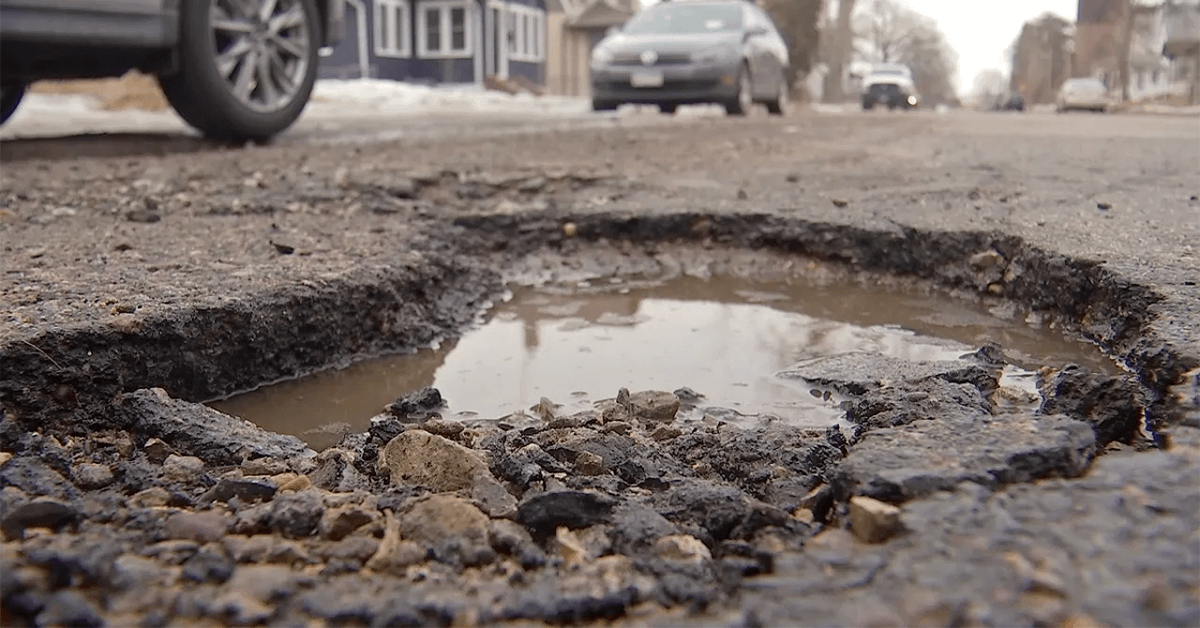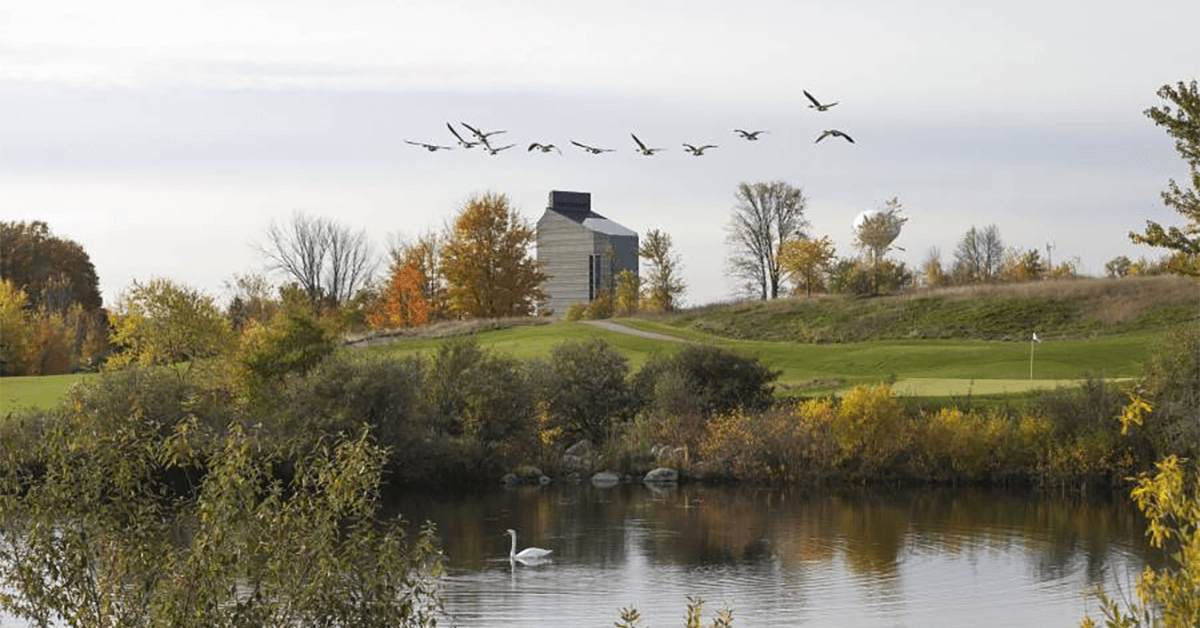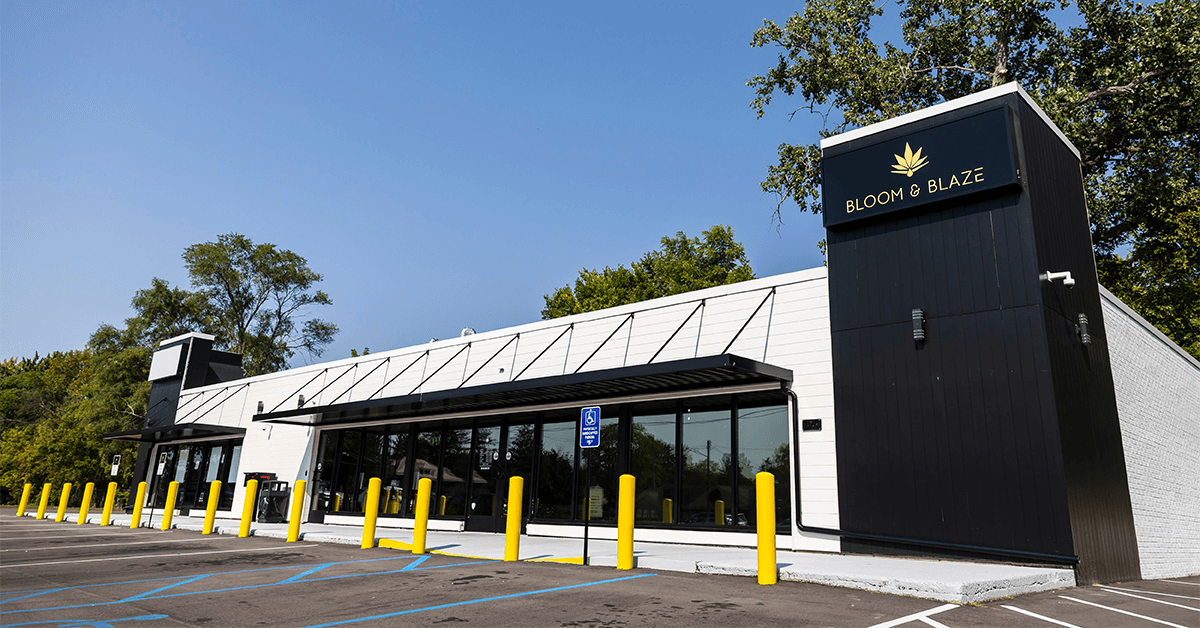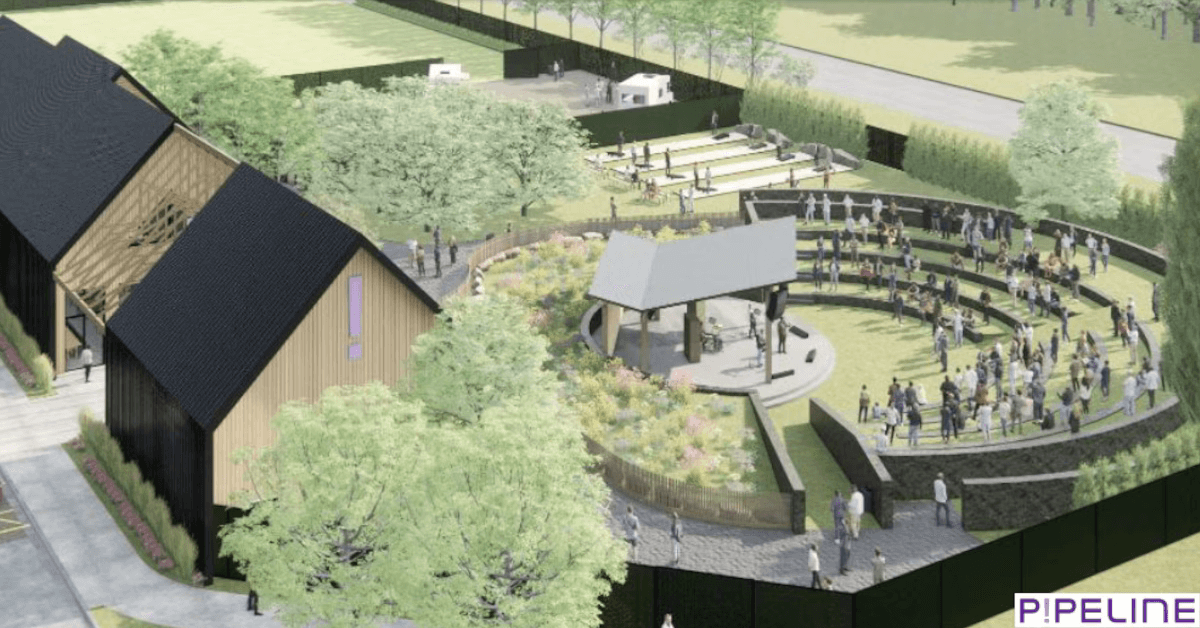'Pot for Potholes': Bay City's Strategy to Enhance Neighborhood Roads

Bay City has adopted a new initiative to allocate cannabis sales revenue towards enhancing local infrastructure, particularly focusing on neighborhood streets. This program, humorously named "Pot for Potholes," aims to address the long-standing issues of road maintenance in residential areas.
Chris Girard, Sixth Ward City Commissioner, highlighted that the city garnered $900,000 last year from cannabis sales, a figure he anticipates will increase. These funds will now be directed exclusively towards infrastructure projects. Girard emphasized the need to channel more resources into neighborhood improvements, noting the significant expenditures on roads that residents felt were not benefiting their local areas.
"The resolution I presented, Pot for Potholes, is all about getting those improvements into our neighborhoods where they're desperately needed," Girard stated. He expressed a strong commitment to finding solutions to enhance the quality of local streets, which form the backbone of daily community interaction.
Residents have responded positively to the initiative. Daniel Vanguilder, a local, praised the city's decision, stressing the importance of reinvesting in the city to improve living conditions. "My own street is bumpy, noisy, and dusty, especially when heavy vehicles pass by," Vanguilder described. He sees the directed funds as a crucial step towards rectifying these issues.
Under the resolution, the city manager is tasked with the allocation of state-provided cannabis revenue to these infrastructure projects. The focus will be on making tangible improvements to neighborhood streets, enhancing the overall quality of life and well-being of the community.
Moreover, the resolution mandates periodic reports to the city commission. These updates will track the progress and outcomes of the infrastructure spending, ensuring transparency and accountability in the use of these funds.
Adjustments to the city's budget will be necessary to implement the Pot for Potholes initiative effectively. This strategic move is seen as essential for ensuring that all areas of Bay City benefit fairly from the revenue generated by cannabis sales, avoiding the neglect of less prominent districts in favor of more affluent areas.
Share this article:
Spotted a typo, grammatical error, or a factual inaccuracy? Let us know - we're committed to correcting errors swiftly and accurately!








 Helpful Links
Helpful Links